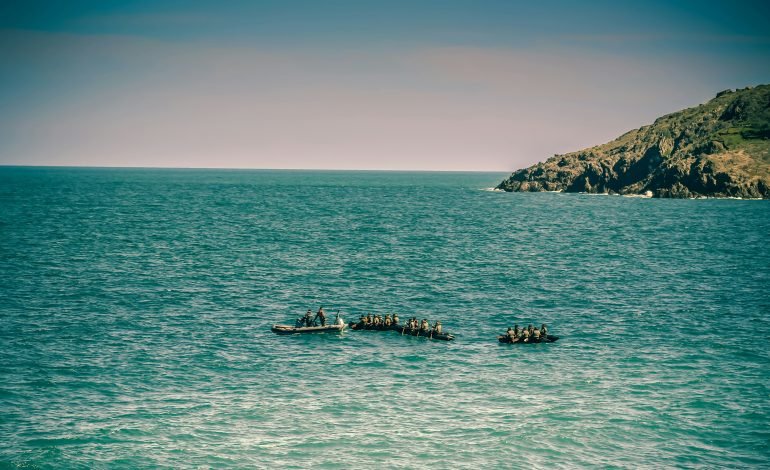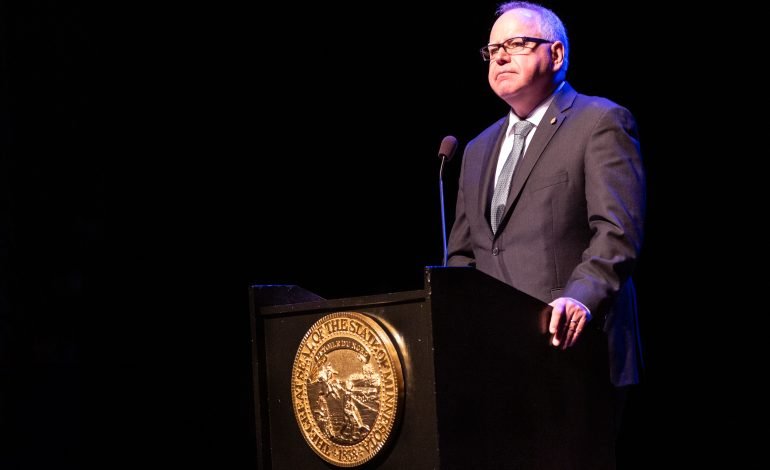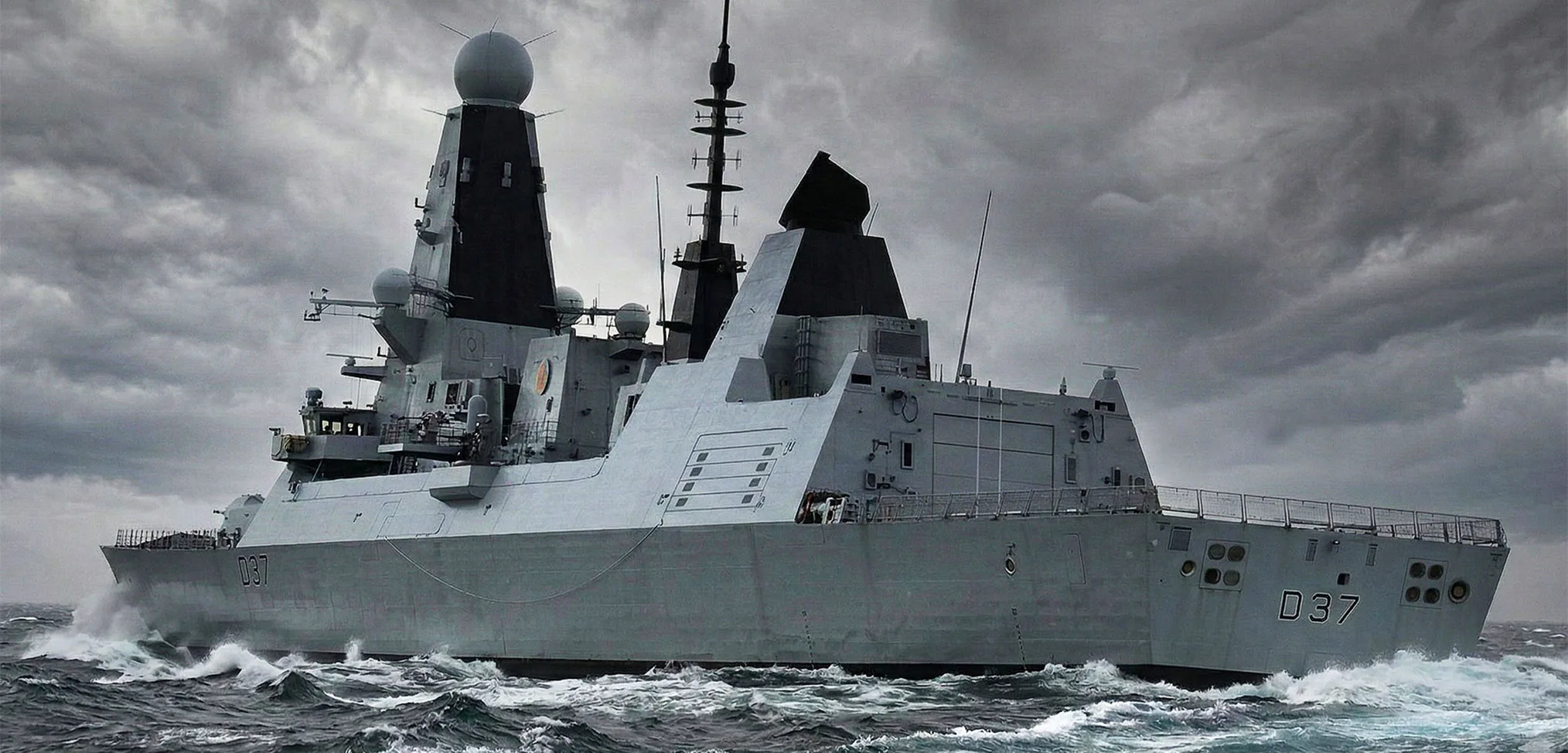
In a forceful statement aimed at tackling the ongoing migrant crisis, Sir Keir Starmer pledges to “smash the gangs” profiting from smuggling desperate migrants across the Channel in small boats. This bold commitment comes as the UK faces its highest number of migrant arrivals since Labour came to power in July 2024, with over 700 individuals crossing the Channel in just one day.
The statistics are stark. On Sunday alone, 703 migrants were detected making the perilous journey across the Channel in 11 small boats. This figure not only marks the highest daily total since Labour assumed office but is also the third highest recorded this year. The situation has prompted Starmer to renew his focus on dismantling the criminal networks behind these dangerous crossings, networks that reportedly charge thousands of pounds per person for a risky passage to the UK.
Tragically, Sunday’s crossings were not without loss. Two migrants died in the attempt, their boat sending out a distress signal while still in French waters. Despite a swift response from the French coastguard, which rescued around 50 people, the fatalities underscore the dangers inherent in these crossings. Those rescued were returned to France, and an investigation into the deaths is now underway.
The surge in crossings has been steady, with the total number of arrivals in small boats for 2024 now standing at approximately 18,342. This figure represents a 13% increase over the same period last year, though it is slightly lower than the numbers recorded in 2022. The increasing frequency of these crossings, despite various government measures, highlights the persistent nature of the crisis and the difficulties in addressing it effectively.
Starmer’s tough rhetoric is part of a broader strategy to regain control over the UK’s borders, a key issue that has continued to dominate political discourse. The Labour leader’s pledge to dismantle the criminal gangs driving the crisis is a clear signal of his government’s intent to take decisive action, but it also raises questions about the practicalities of such an approach and the need for international cooperation, particularly with France, to achieve meaningful results.
The migrant crisis remains a complex challenge, one that not only tests the UK’s border security but also its humanitarian obligations. As the situation evolves, it will be critical for the government to balance these concerns while seeking long-term solutions to a problem that shows no signs of abating.
For more information on migrant crossing to the UK visit the Migration Observatory here.









